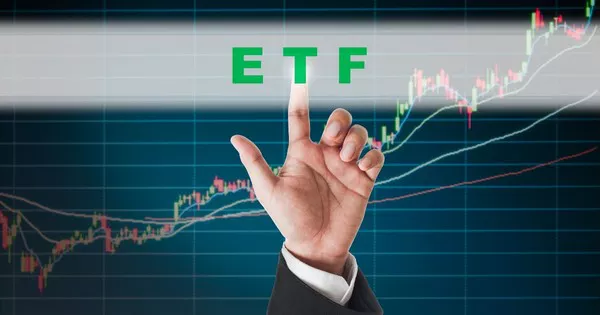In a landmark move, Brazil triumphantly secured $2 billion in its inaugural ‘green’ bond issuance on Monday, marking a pivotal step in establishing a benchmark for the private market. The issuance aligns with the government’s commitment to advancing its ambitious sustainability agenda.
Finance Minister Fernando Haddad confirmed that the seven-year bonds, featuring a 6.5% yield, were met with enthusiastic response, a sentiment earlier reported by Reuters. Haddad, addressing reporters, deemed the outcome “quite significant,” underscoring that the operation’s spread was comparable to those achieved by investment-grade nations.
The Treasury, in a statement, revealed that demand for the bond surpassed expectations, reaching approximately $6 billion in the order book. Non-resident investors significantly contributed to the final allocation, with around 75% originating from Europe and North America, and the remaining 25% from Latin America, including Brazil.
A source familiar with the operation, speaking anonymously, emphasized that the spread was notably lower compared to the government’s conventional $2.25 billion issuance in April. “At this rate of 6.5%, we are trading only 15 points above … a Mexican bond, which is investment-grade,” the source noted.
Brazil, having lost its investment-grade scores in early 2016 due to economic recession and political upheaval, received an upgrade from Fitch in July, while S&P improved its outlook in June. Despite these positive developments, the coveted investment-grade rating is yet to be reclaimed.
Earlier on Monday, Brazil’s Treasury announced the issuance of environment, sustainability, and governance (ESG)-linked bonds, maturing in 2031, denominated in dollars. The banks leading the operation were Itau BBA, JPMorgan, and Santander (BME:SAN).
In late August, the Finance Ministry’s executive secretary, Dario Durigan, indicated that the issuance, targeting around $2 billion, would serve as the financing foundation for President Lula’s ambitious ecological transition plan. The proceeds from the operation are expected to primarily support the Climate Fund under the oversight of the state development bank BNDES.
President Lula, who assumed office in January, has been actively working to enhance Brazil’s environmental track record. His green plan encompasses the establishment of a regulated carbon credit market, aligning with broader efforts to attract investment to Latin America’s largest economy.


